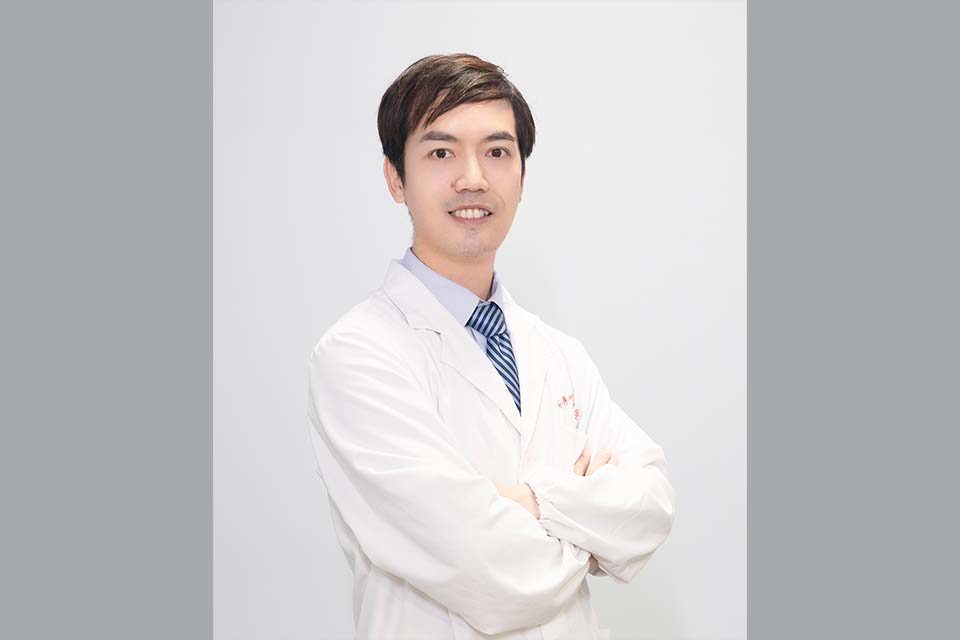NECO alum committed to enhancing eye health in China

Ke Zheng, MD, MS, OD, Department of Ophthalmology, Eye & ENT Hospital of Fudan University in Shanghai, China
Optometry is a relatively new profession in China: optometric education began in 1988, and the field was formally recognized by the Ministry of Health as a subspecialty of medicine in 2000.
As both an optometrist and surgeon, Ke Zheng, MD, OD, bridges the two fields with one passionate goal in mind: using all available treatments, therapies, and surgeries to help the most patients possible.
available treatments, therapies, and surgeries to help the most patients possible.
Dr. Zheng received his OD from NECO in 2011 through the college’s joint MS/OD China Program, a dual degree initiative between NECO and Wenzhou Medical University, emphasizing research, clinical skills, and analytical thinking.
Dr. Zheng’s clinical and research focus is the prevention and control of myopia in children, and surgical correction of myopia in adults. He works at the Eye & ENT Hospital of Fudan University in Shanghai, the only hospital in China specializing in ophthalmology and otolaryngology; it is known for its teaching and research excellence, with its ophthalmology department ranked in the top three in China for ten consecutive years.
In addition to his academic duties, Dr. Zheng runs a pediatric myopia clinic, where children are treated with orthokeratology, atropine therapy, and/or eyeglasses. For adults, he specializes in surgeries for myopia correction such as SMILE, LASIK, LASEK, ICL, and TPRK.

Ke Zheng, MD, OD, bridges two fields with one passionate goal in mind: using all available treatments, therapies, and surgeries to help the most patients possible.
Dr. Zheng considers educating his patients and the general public to be a top priority. He does offline outreach work—going into schools and communities to talk about eye health—as well as online education through public health articles and videos, and makes himself available to answer patients’ questions through his mobile medical platform.
With myopia as the leading cause of preventable blindness in young people, and especially prevalent in China, Dr. Zheng’s dual degrees make him particularly well-positioned to advance the goals of the Chinese government to prevent and control myopia in children and adolescents, and sees optometry as having an increasingly important role.
“For optometrists,” Dr. Zheng predicts, “the industry’s spring is coming.” However, he knows that with the opportunities come challenges, among them “how to train more qualified optometrists, how to increase the power of optometrists in the field of traditional ophthalmology, and how to improve the knowledge of eye care for the public.”
International collaboration in the field is one way to address these challenges. “We have a large number of patient resources and a lot of practical experience in China, but in some areas, we still need to learn from foreign counterparts. The mutual exchanges can allow everyone to understand each other, integrate resources, and achieve good results in related fields.”
According to Dr. Zheng, the NECO program provided him with systemic optometric knowledge and the opportunity to master solid clinical skills. And, he adds, “It broadened my horizons and provided me with a solid foundation for my work in Shanghai.” He has visited NECO several times since graduation and keeps in touch with many of his former professors and colleagues.
An especially proud moment for him was when one of his students in Shanghai was admitted to NECO, cementing his connection to the school even further. For Dr. Zheng, these connections are a “precious wealth,” both professionally and personally, and part of what makes his job so meaningful.